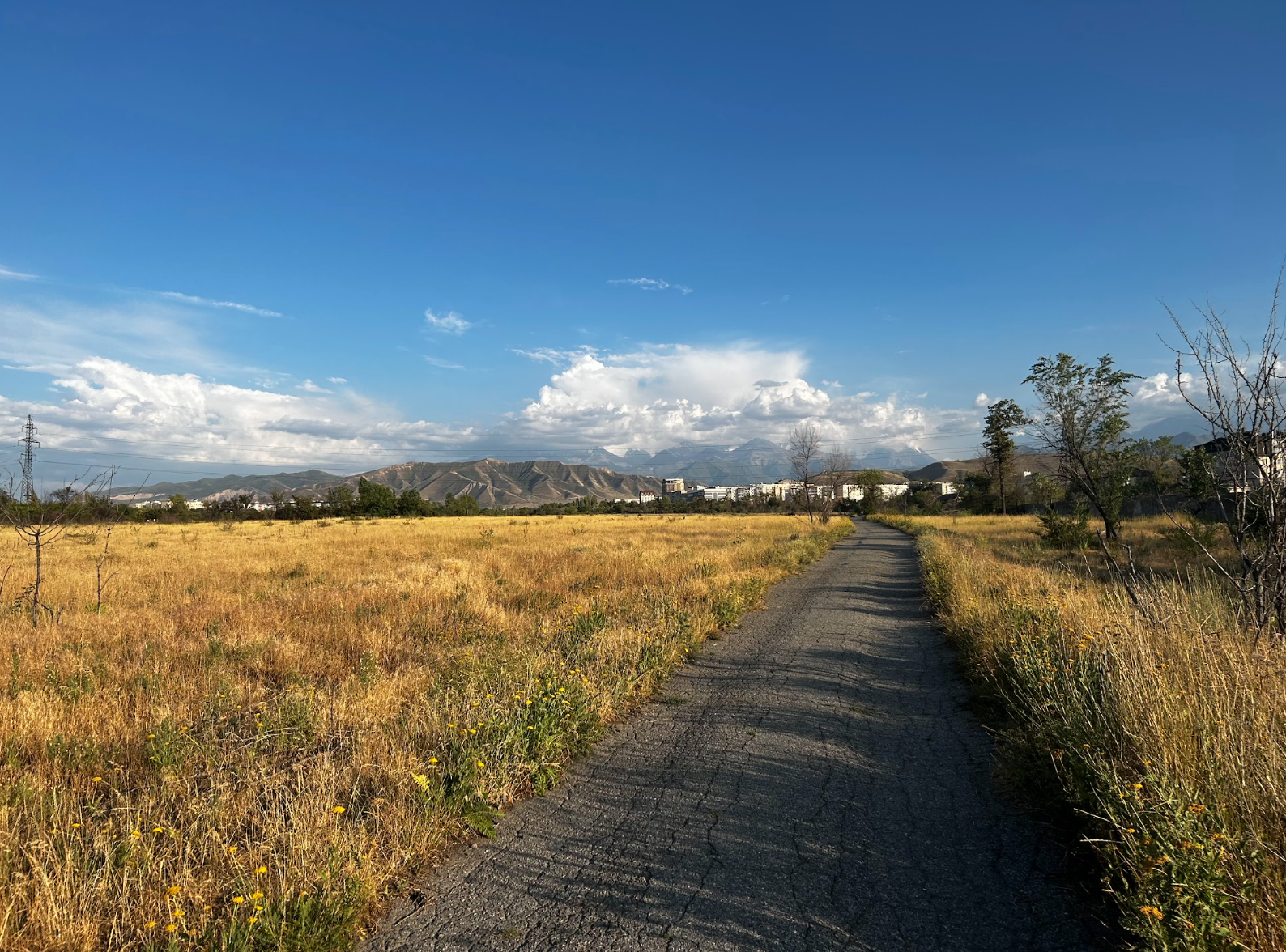
Anna Aresi
on translating Francesco Tomada
Affrontare la gioia da soli (Facing Joy Alone) is Francesco Tomada’s latest collection. This book, I believe, is meant to be enjoyed as a whole. Each poem is like a star in a constellation: you can look at one star and enjoy its beauty, but the bigger picture can be seen only when taking in the whole constellation. Each poem captures a moment, often seemingly insignificant, and together with all the other moments they make up a life and the search for meaning in it. Many texts also contain a revelation, a moment that illuminates the situation and propels further reflection and/or action. For these reasons, it was difficult to make a selection from the book. I feared that by plucking a few texts out of the whole, they would not be as meaningful and enjoyable. Eventually, I settled for these two, which well exemplify the spirit of Facing Joy Alone.
In “That Original Marines T-Shirt”, the poet sees himself mirrored in another: a refugee, an illegal outcast, is wearing the shirt that the poet donated to the Catholic charity Caritas. This person is in a group of people and looks happy, laughing and joking with his friends. He looks like the poet — wearing the poet’s old clothes — but is at the same time very different because of his happiness: “another me / but happy.” The poem closes, however, on an optimistic note, with the realization that this refugee is showing the poet who he can become.
“It Gets Dark Early” depicts a domestic scene that feels tired from the outset: what is left of dinner — dirty dishes and half-drunk bottles — represent what is left of the couple’s love, a lie compared to the promises they used to make to each other. A revelation (“we lied”) propels a realization (“the verb to love makes sense only in the present (tense)”) and an action that contains a seed of hope (“I reach my hand out”).
about the author
Francesco Tomada was born in Udine. He studied biology and biochemistry in Trieste and now lives in Gorizia, where he works as a high school teacher. His poems have appeared in several literary magazines in Italy and abroad and they’ve been translated into more than ten languages. His first book, L’infanzia vista da qui (Childhood as Seen from Here, 2005) won the Beppe Manfredi literary award for best Italian debut. He went on to author three more collections, the most recent of which is Affrontare la gioia da soli (Facing Joy Alone, 2021). In 2016, an anthology of Tomada’s poems was released in Bulgaria, with the title Questo è il mio tempo (This is My Time, translations by Aksinia Mihaylova and Emilia Mirazchiyska). In 2019, a bilingual book of poems, Non si può imporre il colore di una rosa (You Can’t Force a Color on a Rose) was published in Italy with Greek translations by Evangelia Polymou.
about the translator
Anna Aresi is a US-based Italian translator and educator. She works with English, Italian, and Russian. She has translated into Italian poets such as Ewa Chrusciel, Forrest Gander, and Chen Chen, and into English poets such as Mariangela Gualtieri, Laura Corraducci, and Valerio Grutt. In 2021, she was among the winners of the All-Russia State Library for Foreign Literature & The Institute for Literary Translation “Writers of the Silver Age about War” translation contest, with a poem by Anna Akhmatova.

photo by Ryan Hardy
